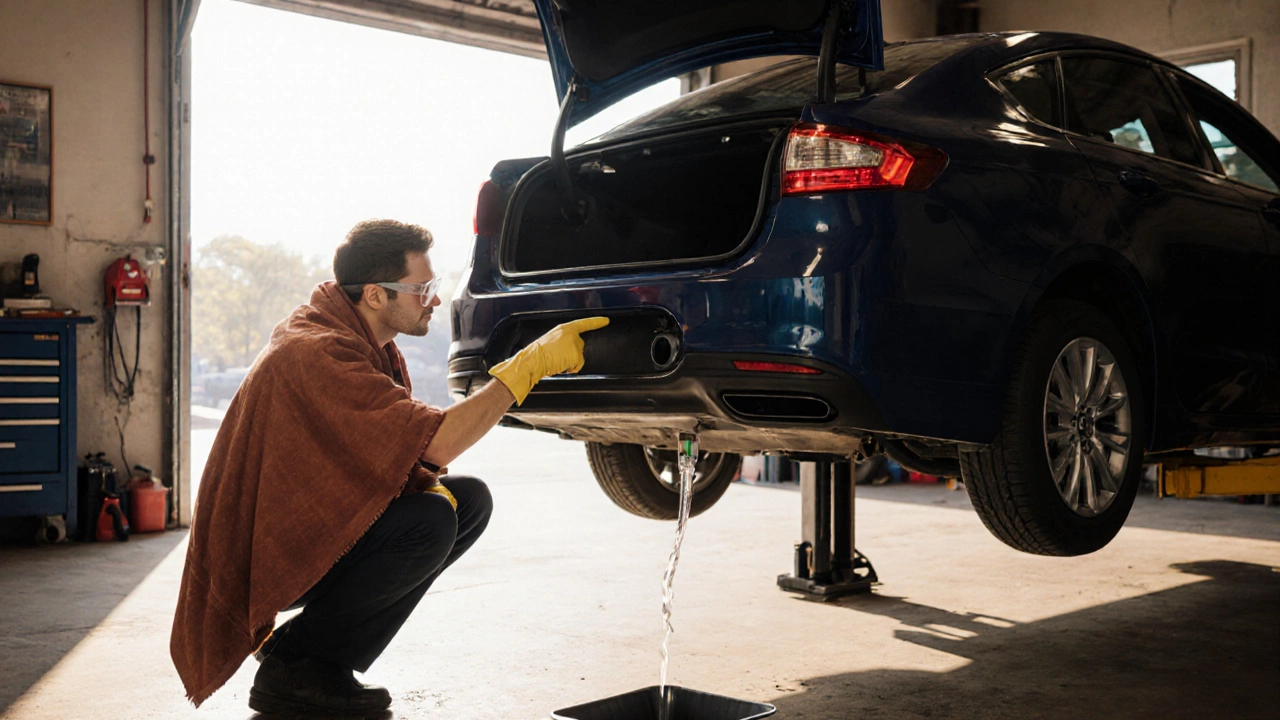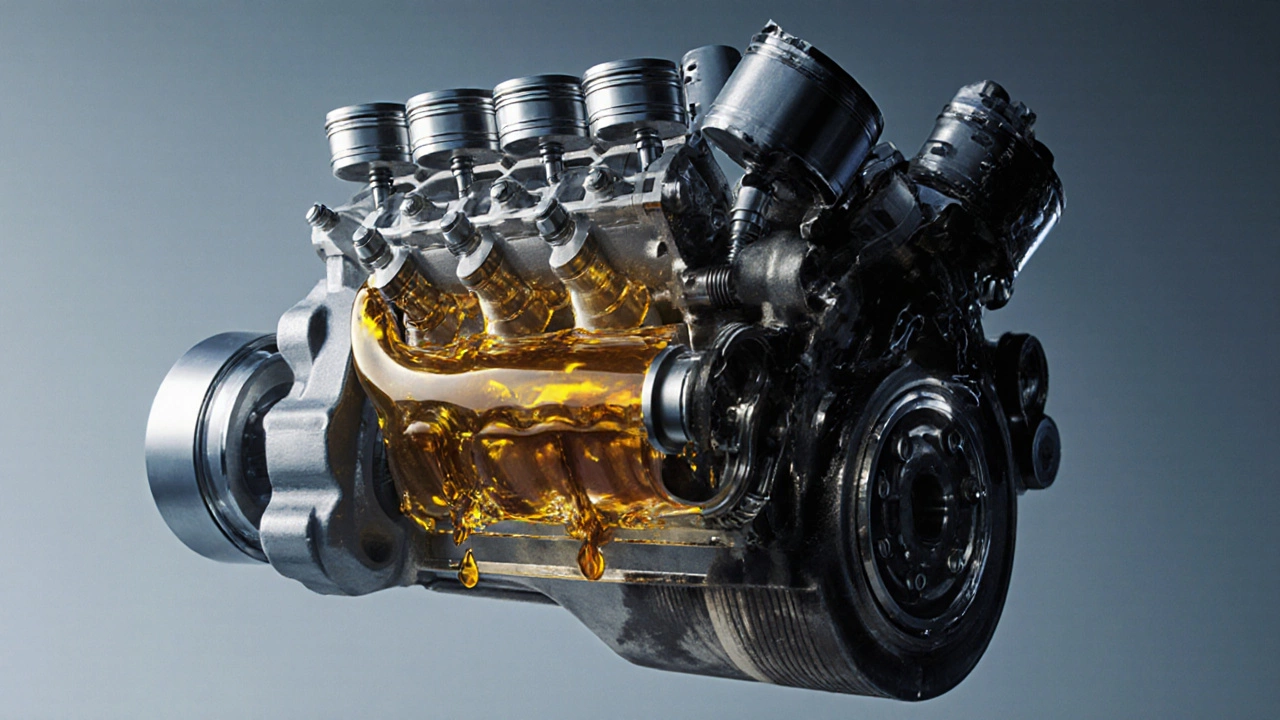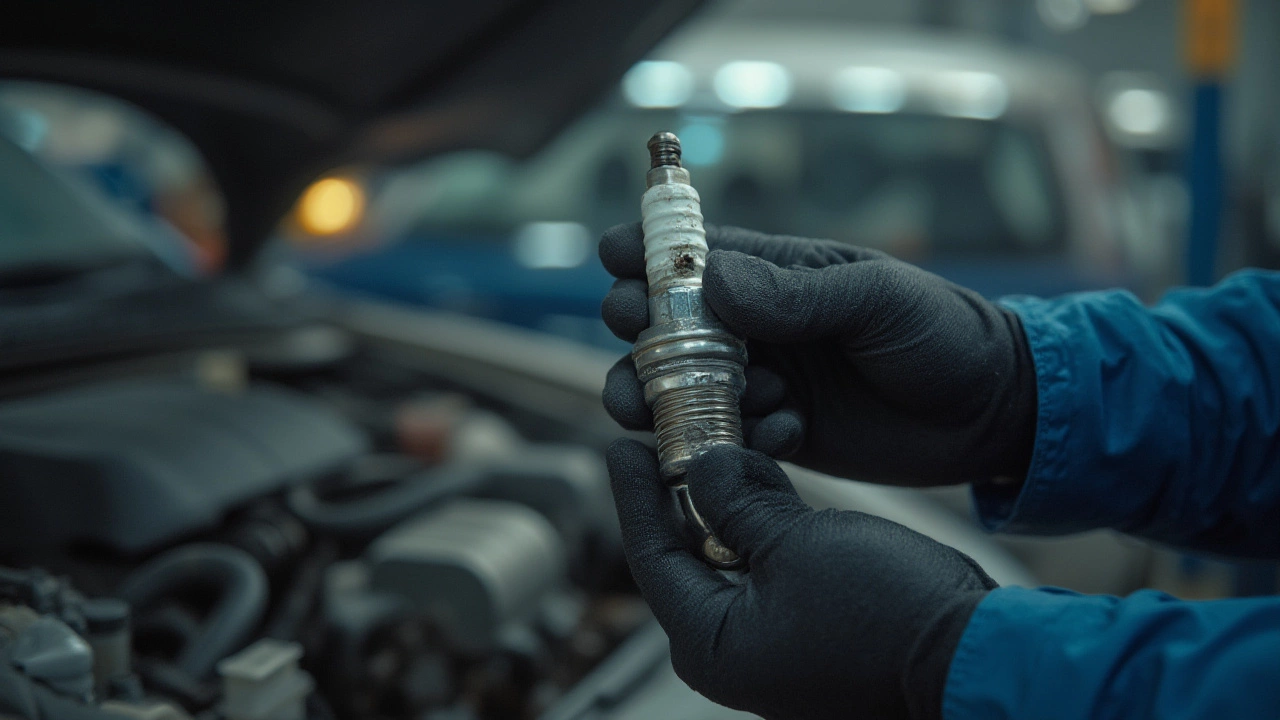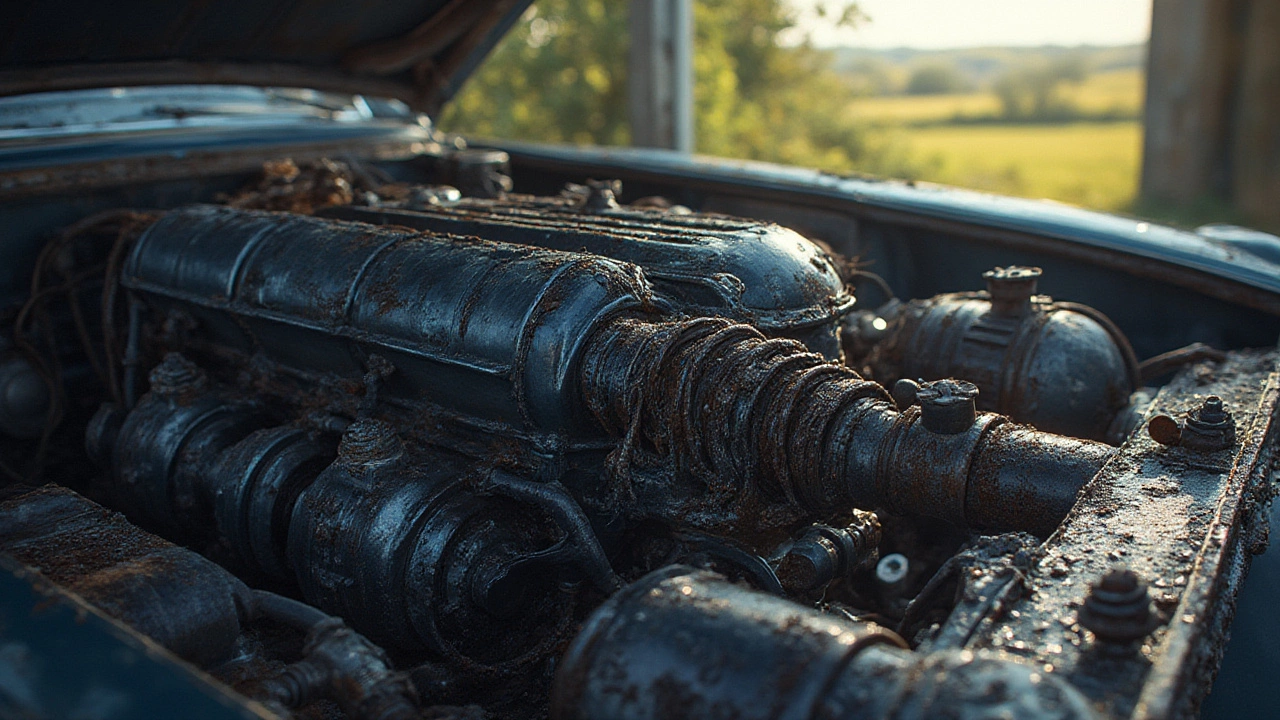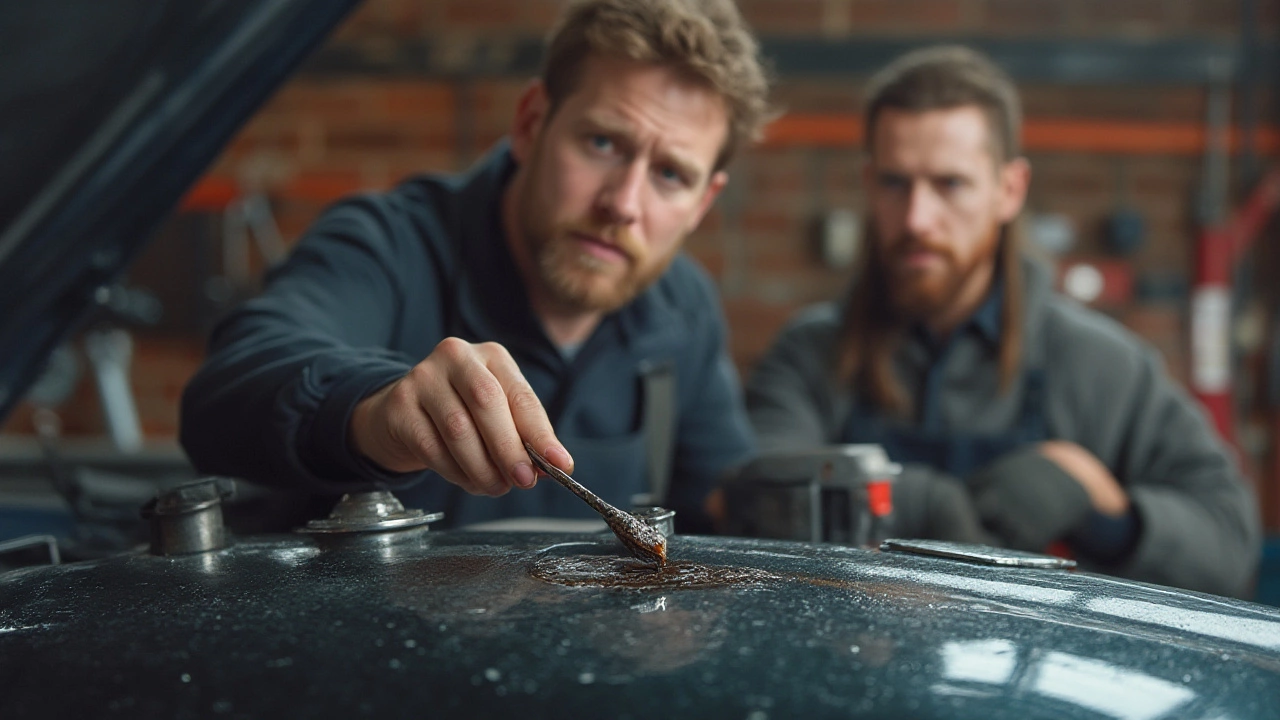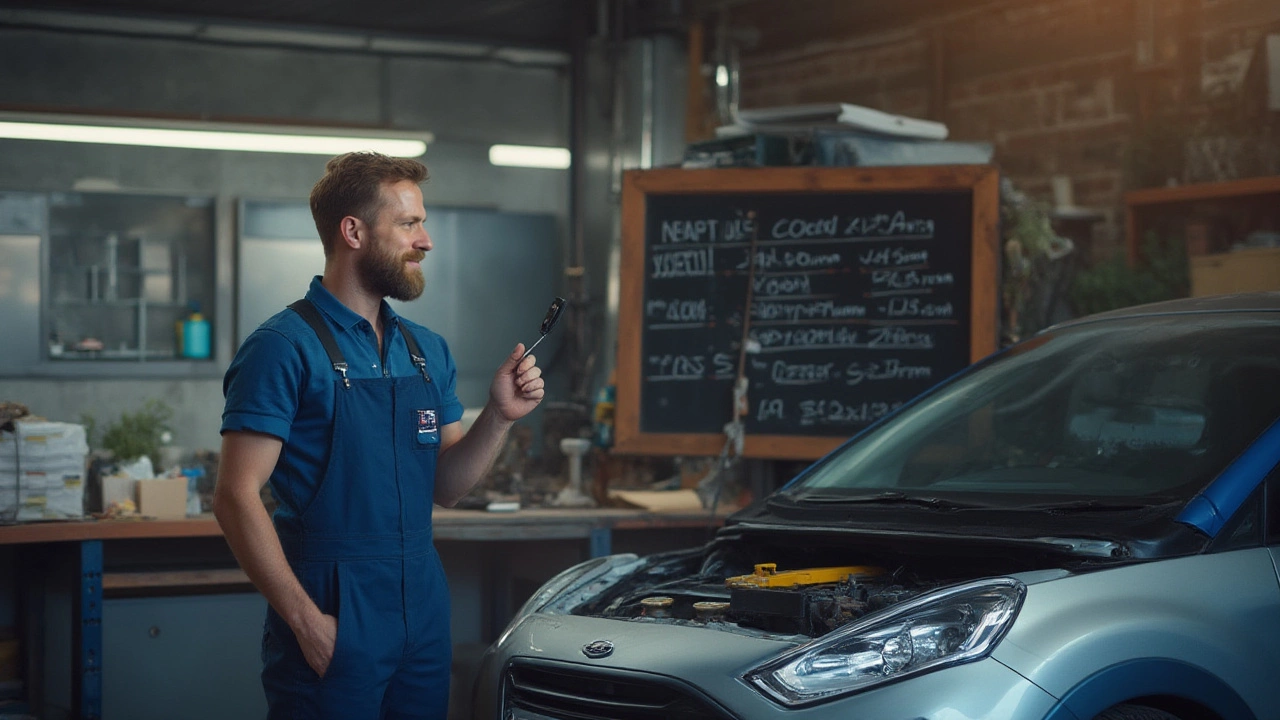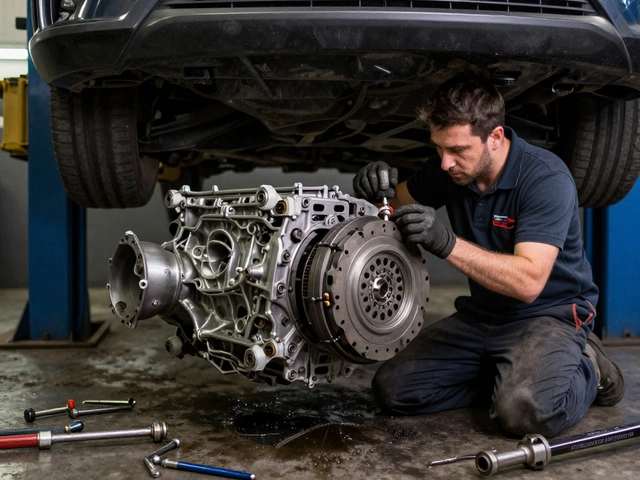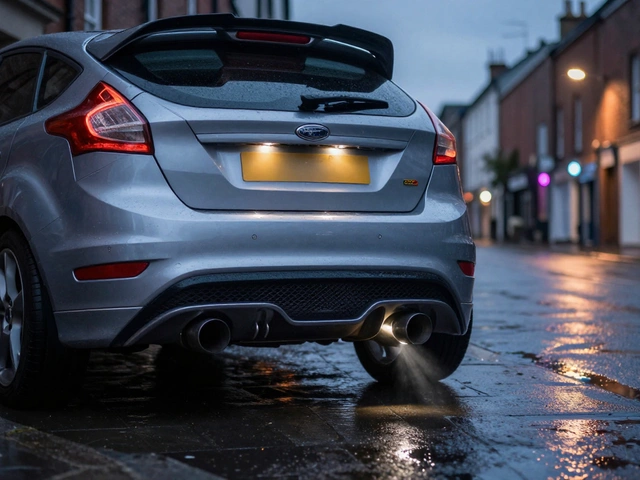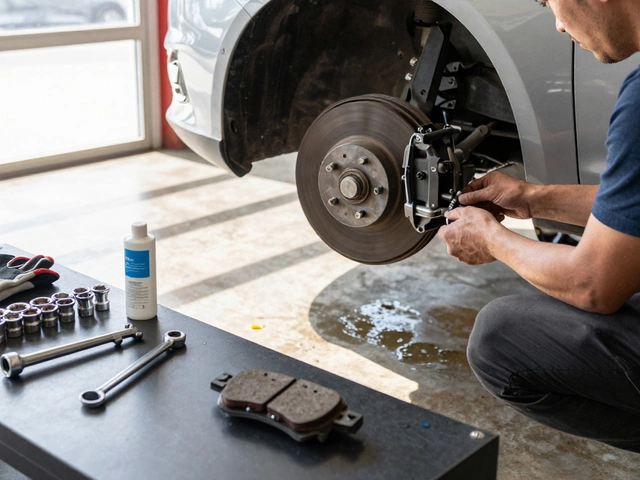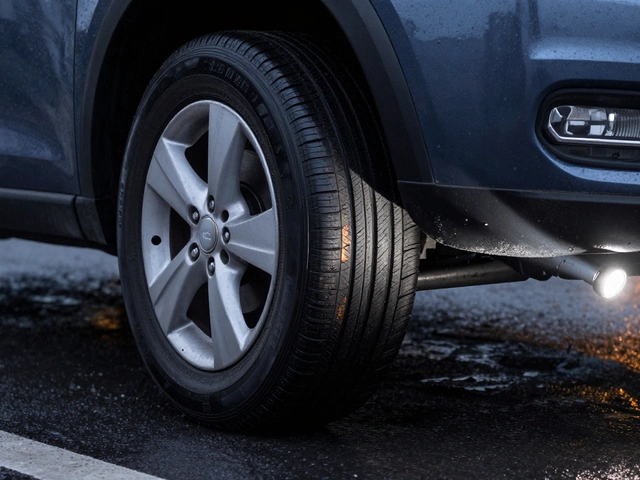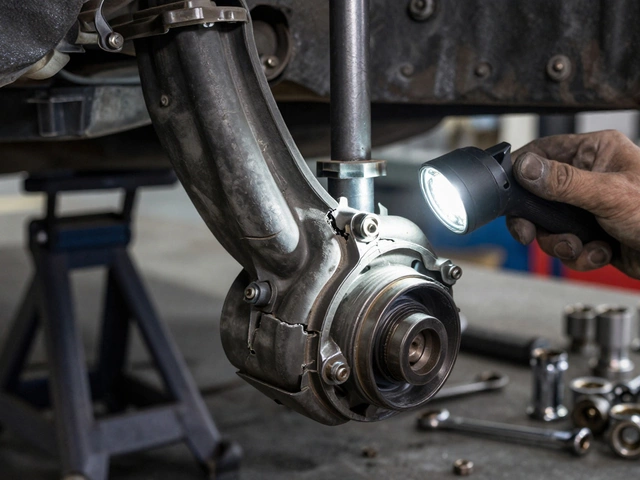Car Maintenance: Essential Tips and Common Problems Solved
When it comes to keeping your car reliable, car maintenance, the routine checks and repairs that keep your vehicle safe and efficient. Also known as vehicle servicing, it’s not about fancy upgrades—it’s about catching small issues before they turn into expensive breakdowns. Most people wait until something breaks, but smart drivers know that car maintenance is the cheapest insurance you can buy. A worn brake rotor, a failing fuel pump, or a leaking radiator won’t always scream for attention—sometimes they just whisper. And if you miss the whisper, you’ll pay for the shout.
Think about the brake rotors, the metal discs that slow your car when you press the pedal. They wear down over time, and if you keep driving with thin or warped rotors, your brakes won’t stop you as fast—or worse, they might fail. Then there’s the fuel pump, the component that pushes gas from your tank to the engine. A weak one won’t always throw a code, but your car might hesitate on the highway or refuse to start after sitting overnight. And don’t ignore the radiator, the part that keeps your engine from overheating. A small leak or clog can turn into a blown head gasket in days. Even the shock absorbers, the parts that smooth out bumps and keep your tires on the road—if they’re worn, your car doesn’t just ride rough, it handles poorly, especially in rain or emergency turns.
These aren’t separate problems—they’re all connected. Bad shocks mean uneven tire wear, which strains your suspension and affects braking. A failing fuel pump can make your engine run lean, which overheats the engine and stresses the radiator. And if you skip checking your brake rotors, you risk damaging the calipers, which are way more expensive to replace. Car maintenance isn’t about following a calendar—it’s about understanding how parts talk to each other. The goal isn’t to fix everything at once. It’s to spot the early signs, act fast, and avoid being stranded on the side of the road with a bill you didn’t plan for.
Below, you’ll find real, no-fluff guides on exactly what to look for, how to check it yourself, and when to call a pro. Whether it’s testing your battery voltage, spotting slipping clutch symptoms, or figuring out if your exhaust needs an upgrade, every post here comes from real experience—no guesswork, no marketing hype. You don’t need to be a mechanic to keep your car running right. You just need to know what matters, when it matters, and what to do next.

